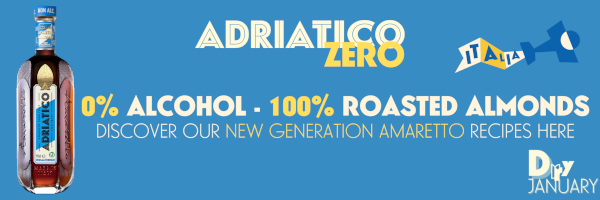Are you a Discerning Drinker?
Join thousands of like-minded professionals and cocktail enthusiasts, receive our weekly newsletters and see pages produced by our community for fellow Discerning Drinkers.
Forum

How to make sugar syrup
You can buy proprietary brands of sugar syrup, or if you'd prefer to make your own, I recommend making a 'rich' two parts sugar to one part water (2:1)...7th July 2025 at 10:41
I believe it's still beneficial to only use the little heat necessary to help dissolve the sugar, so I have amended point 5 to also include the points you make. Many thanks.





"The lower-right datapoint is very close to 100 °C, and shows the first-order rate constant for sucrose hydrolysis is about 10(exp−6) per second. That means that 63% degradation would take 10(exp6) seconds, or about 11.5 days. Getting 99% degradation would take about 53 days."
In layman's terms, heating a mixture of refined (white) sugar in clean water, hot enough & long enough (a few minutes on a moderate heat setting - there's no need for prolonged boiling) to disolve the sugar and form a rich syrup is going to lead to negligible conversion to glucose and fructose. Certainly nothing you'd notice outside of a laboratory.
I doubt anyone is going to feel the need to boil sugar syrup for long enough (ie days) at home to see the effect. Also, without technical equipment (eg a condenser) doing so would tend to drive off water (affecting the concentration & hence viscocity) and start to caramelise the sugar (affecting colour taste) - which is fine if we are making caramel or toffee. I just tested this in my kitchen, that's exactly what happened.